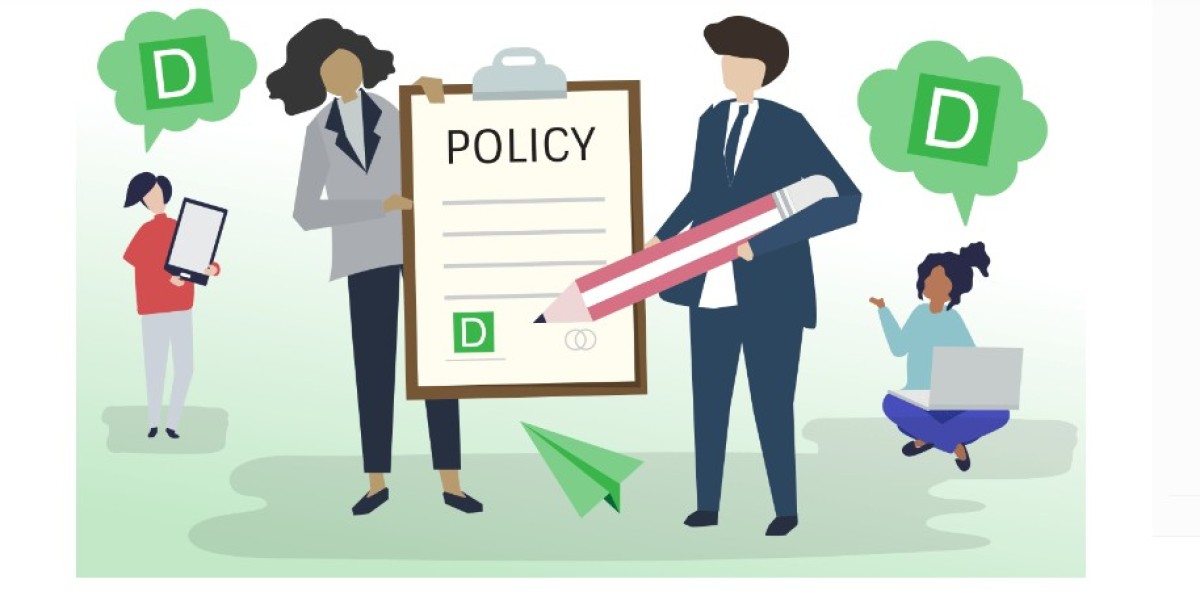I. Introduction
Social media has become an integral part of modern life, with billions of users worldwide sharing their thoughts, experiences, and personal information daily. However, this culture of sharing comes with its own set of risks. Oversharing, or the act of revealing too much personal information online, can have serious consequences for your privacy, safety, and overall well-being.
II. Common Types of Oversharing
Oversharing can take many forms, including:
- Personal information: Sharing details like your full address, phone number, or birthday.
- Daily routines and locations: Posting about your regular activities or real-time locations.
- Financial information: Revealing details about your income, investments, or purchases.
- Relationship status and details: Sharing intimate details about your personal relationships.
- Work-related information: Posting confidential information about your job or workplace.
III. Risks and Consequences of Oversharing
The consequences of oversharing can be severe and far-reaching:
- Identity theft: Cybercriminals can piece together personal information to steal your identity.
- Stalking and physical safety concerns: Revealing your location or routine can make you vulnerable to stalking or physical harm.
- Reputation damage: Inappropriate posts can harm your personal and professional reputation.
- Financial fraud: Sharing financial details can make you a target for scams or fraud.
- Employment issues: Employers often check social media profiles, and inappropriate content can cost you job opportunities.
- Relationship problems: Oversharing can lead to misunderstandings or conflicts in personal relationships.
IV. Psychological Aspects of Oversharing
Understanding the psychology behind oversharing can help us combat it:
- The need for validation and attention: Social media can feed our desire for likes and comments, encouraging oversharing.
- FOMO (Fear of Missing Out): The fear of being left out can drive excessive posting and sharing.
- Lack of awareness about privacy implications: Many users don't fully understand the potential consequences of their online actions.
V. How Social Media Platforms Encourage Oversharing
Social media platforms are designed to encourage sharing:
- Design features that prompt frequent updates: Constant notifications and prompts to post "What's on your mind?"
- Algorithms that reward engagement: More sharing often leads to more visibility on the platform.
- Privacy settings complexities: Complicated privacy controls can lead to unintentional oversharing.
VI. Protecting Your Privacy on Social Media
To safeguard your privacy on social media:
- Review and adjust privacy settings regularly.
- Be selective about your friend/follower lists.
- Think before posting: Consider the potential long-term implications of each post.
- Avoid location tagging, especially in real-time.
- Use strong, unique passwords for each social media account.
- Enable two-factor authentication for added security.
VII. Additional Tools for Protecting Your Online Privacy
Beyond basic precautions, consider using additional tools to enhance your online privacy:
- VPNs for secure browsing: These can hide your IP address and encrypt your internet traffic.
- Privacy-focused browsers: Browsers like Brave or DuckDuckGo prioritize user privacy.
- SmailPro: Enhancing Email Privacy for Social Media Use
SmailPro offers a unique solution to protect your privacy when interacting with social media platforms:
- Overview of SmailPro's temporary email service: SmailPro provides disposable email addresses that you can use for short-term purposes.
- Using SmailPro for social media sign-ups: Instead of using your personal email, use a SmailPro temporary email when creating social media accounts.
- How SmailPro protects against data harvesting: By using temporary emails, you prevent social media platforms from linking your account to your primary email address, reducing the risk of data harvesting.
- Benefits of separating social media from personal email: This separation adds an extra layer of privacy and can help manage the influx of notifications and marketing emails from social platforms.
VIII. Educating Others About Social Media Safety
Promoting safe social media habits is a collective responsibility:
- Teach children and teens about online privacy and the potential risks of oversharing.
- Discuss privacy concerns with family and friends to raise awareness.
- Promote a culture of digital responsibility in your personal and professional networks.
IX. Recovering from Oversharing
If you've overshared in the past:
- Remove sensitive information from your profiles.
- Contact platforms to request data deletion where possible.
- Monitor your digital footprint regularly using Google alerts or similar tools.
- Address any consequences proactively, such as changing passwords or notifying relevant parties if sensitive information was exposed.
X. The Future of Privacy on Social Media
As concerns about online privacy grow:
- We may see more privacy-focused social platforms emerging.
- Governments are likely to implement stricter regulations on data protection and user privacy.
- Users will need to remain vigilant and adapt to new privacy challenges as technology evolves.
XI. Conclusion
In the digital age, sharing on social media has become second nature for many. However, it's crucial to strike a balance between staying connected and protecting your privacy. By understanding the risks of oversharing, implementing protective measures, and using tools like SmailPro to enhance your online privacy, you can enjoy the benefits of social media while minimizing its potential dangers.
Remember, every post, check-in, and photo shared is a piece of your digital footprint. Be mindful of what you share, with whom you share it, and the potential long-term implications of your online activities. Stay informed, stay cautious, and most importantly, stay safe in your digital interactions.




Tempmail.so 8 w
By using TempMail, you can protect your online privacy. If you're looking for a free temp mail service, tempmail.so is a great choice! https://tempmail.so